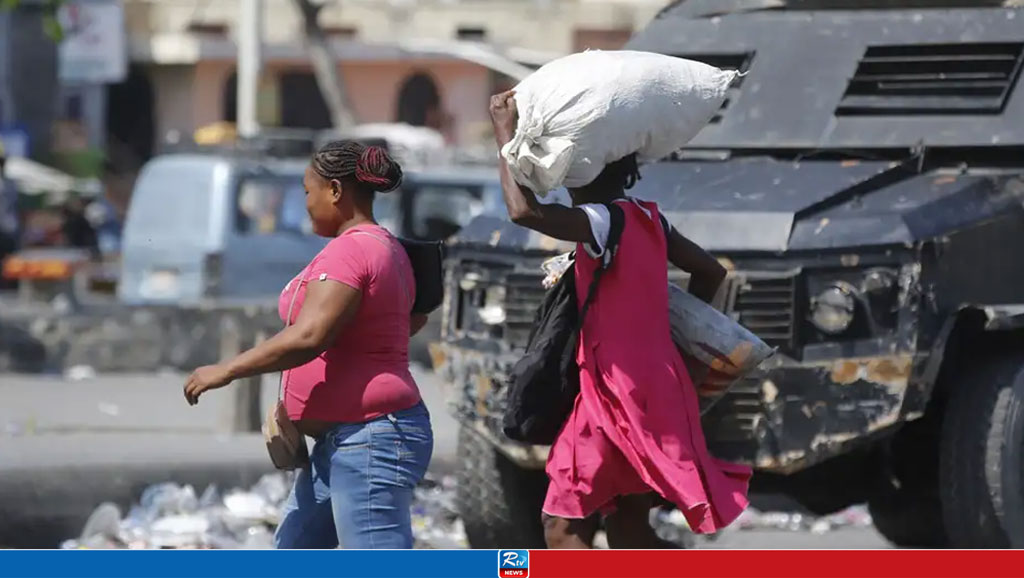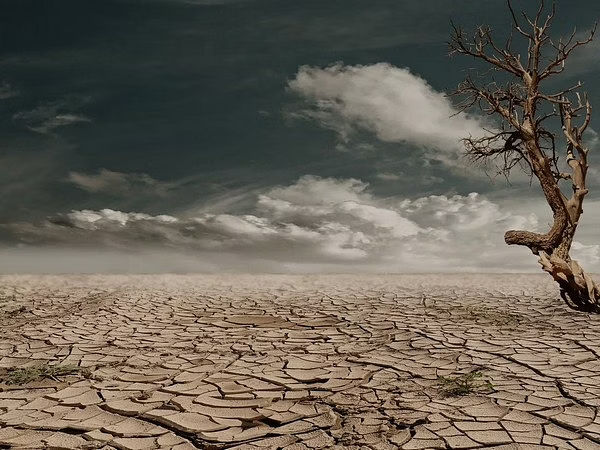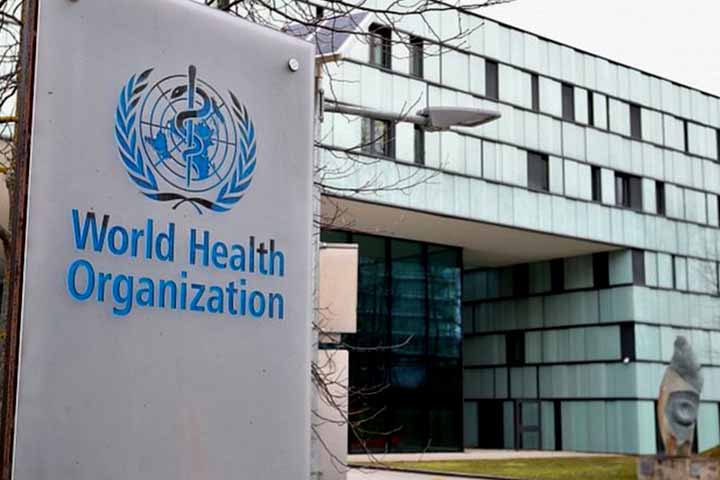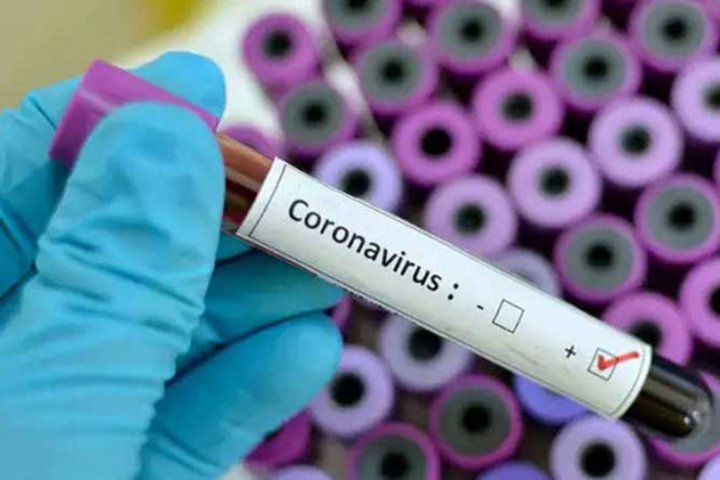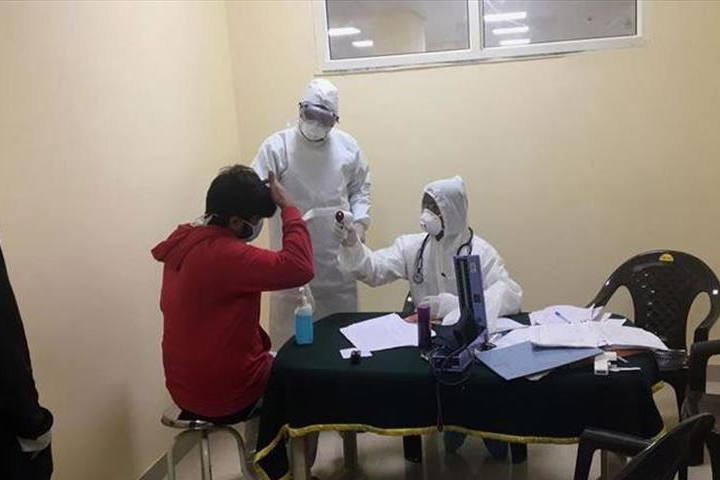Chinese companies switch auditors to avoid U.S. delisting risk
More than a dozen U.S.-listed Chinese companies have switched from auditors in their home country to ones in the U.S. and Singapore since 2022, reducing the risk they could be thrown off American exchanges, a Nikkei Asia analysis shows.
Under a 2020 law called the Holding Foreign Companies Accountable Act (HFCAA), Chinese companies can be delisted if their auditors fail to comply with U.S. accounting standards. Those requirements include allowing inspections of auditors by the Public Company Accounting Oversight Board (PCAOB).
Beijing resisted the U.S. effort until last year, when it began to allow the PCAOB to inspect Chinese auditors. Last Wednesday, the regulator released the first results from its inquiries in China and Hong Kong, saying it had found "unacceptable" flaws at two auditors, KPMG Huazhen and PwC Hong Kong.
As the HFCAA was being implemented and strengthened by additional legislation, some U.S.-listed Chinese companies moved to avoid the delisting threat by switching their auditing work to companies in the U.S. and Singapore, which has not fought PCAOB inspections.
The U.S. Securities and Exchange has identified 174 U.S.-listed Chinese companies with auditors who required inspection. Of these, 24 have changed auditors since 2022, according to a Nikkei analysis of corporate filings, with 15 switching from companies in China or Hong Kong to ones in the U.S. or Singapore.
After the churn, 16 of the 24 were being audited by companies in the U.S. or Singapore, compared with two in the Americas before. The number being audited in China or Hong Kong fell from 22 to eight.
Legend Biotech, a developer of commercial-stage biotech medicines, told Nikkei Asia that concerns about the HFCAA prompted it to shift its auditing work from Ernst & Young Hua Ming in Shanghai to an E&Y office in New Jersey in 2022.
"When this law went into effect, we began to transition [from] a China-based accounting company to a PCAOB-registered accounting company based in the U.S," Tina Carter, corporate communications lead at Legend Biotech, said last Friday. "That process is now complete."
ACM Research switched its accounting work to Armanino in San Ramon, California, from BDO China Shu Lun Pan in Shenzhen, which had served the chip material supplier since 2015. The company said it made the move so it would "no longer be subject to the related delisting guidelines of the HFCAA."
Singaporean auditors have emerged as major beneficiaries of the U.S. pressure.
Nasdaq-listed Fangdd Network, an online real estate brokerage, said in its annual report that on July 25, 2022, it switched to Audit Alliance of Singapore from KPMG Huazhen -- one of the companies criticized by the PCAOB last week. The company's report did not give a reason for the change.
Melco Resorts & Entertainment and Studio City International Holdings, listed arms of Macao casino tycoon Lawrence Ho, switched from an E&Y office in Hong Kong to one in Singapore. In their annual reports, both companies noted that E&Y Singapore "is not a PCAOB-identified firm."
Mercurity Fintech Holdings said it switched from auditor Shanghai Perfect to Onestop Assurance PAC of Singapore, noting that the latter is registered with the PCAOB and has been inspected by the PCAOB "on a regular basis."
The PCAOB last Wednesday released the inspection results for KPMG Huazhen and PwC Hong Kong, saying it found flaws in seven audits by the companies.
KPMG Huazhen said in a statement that it "acknowledges the findings of the PCAOB following its inspection." It did not address a Nikkei Asia question about its dismissal by Fangdd.
PwC said in a statement that it was "working with the PCAOB to address the issues."
KPMG Huazhen and PwC Hong Kong audited 40% of U.S.-listed Chinese stocks by market capitalization. Erica Williams, PCAOB chair, said its inspectors "are on track to hit 99% of the total market share by the end of this year."
In March, China's Ministry of Finance fined Deloitte and suspended its Beijing office for three months, citing "serious audit deficiencies" in its work with China Huarong Asset Management, one of the largest bad-debt managers in the mainland.
Nana Li, head of Asia Pacific sustainability and stewardship at Impax Asset Management, said, "It will now be very difficult for foreign accounting companies (i.e., the Big Four) to keep many of their clients in China despite their long-term on-shore operations in this market."
Source: Nikkei
19 May 2023,11:06


















 Live Tv
Live Tv

